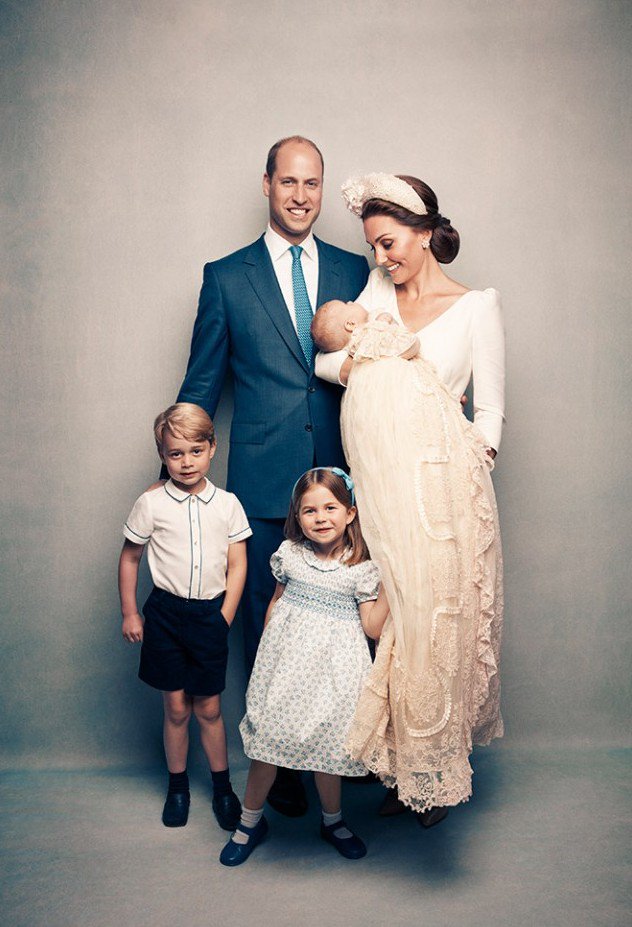
A family’s decision for fostering a child can make a whole world of difference to the kids who will be cared for. There were more than 55,000 children in the UK living with foster parents in 2019. While it is an immensely rewarding experience if you know the ins and outs of it, it can be a very difficult decision to take for those are doing it for the first time. The decision can be a tough one especially for those who do not know anyone who has fostered a child.
Here are some things you need to know if you plan to open the doors of your home and hearts for children who are unable to live with their parents due to any circumstances.
Types of Foster Care
Let us first understand the types of foster care in the UK. It is important to note that despite the various categories of fostering options, the application for all of them is the same. There are eight broad types of foster care – short-term, long-term, remand, specialist therapeutic, fostering for adoption, emergency, kinship, and respite & short break.
Short-term: This involves taking care of children for a brief period while the plans for their future stay are being arranged.
Long-term: This involves taking in children who are not in the position to return to their biological parents but also do not wish to be adopted by anyone. In this type, the foster parents take care of them till they reach adulthood.
Kinship: This involves fostering a child that is known to you or is from your family.
Remand: This type of foster care calls for specific training. It involves taking care of children who have been remanded by a court.
Specialist Therapeutic: This is yet another kind of foster care system which requires the foster parents to be trained in specific areas and is ideal for experienced parents. This category of care involves children and young people who may have challenging behaviour or have special needs.
Emergency: Parents applying to offer emergency foster care get very short notice, sometimes as less as 24 hours before being assigned a kid. This type of care is for children who need a safe place to stay for a few weeks or days until their circumstances improve.
Respite & Short Break: This involves children who need attention due to special needs or behavioural challenges. This type of foster care involves taking care of such children when their foster parents or biological parents take a break.
Who Can Foster?
There are some pre-set requirements or conditions that one must fulfill to become a foster parent. In the UK, anyone over the age of 21 years who is a resident of the country and has the ability to take care of a child on a full-time basis is eligible to become a foster parent.
Individuals or families are assessed thoroughly by local fostering agencies to ensure that they are completely able to take care of kids. One does not need to own a home for this assessment to go smoothly. But in some cases, depending on the child, a home with a spare bedroom is preferred. However, it is important to remember that fostering a child does not always mean you cannot work. This will depend on the type of foster care and the specific needs of the child that will be placed with you by the local fostering agency. Before you apply to become a foster parent, it is important to remember that there is statutory provision to take time off from work to care for foster children in the UK.
Financial Help and Other Aspects for Foster Parents
Depending on certain circumstances, foster parents are eligible for a minimum allowance of £132 to £231. This allowance is extended to all foster parents to help them with the costs involved in caring for the children. Some of the factors that can decide the amount that is paid out as the allowance includes:
- the fostering service and its type
- the skills of the foster parents and how experienced they are
- the age of the children being fostered
- the location of the foster home
- any special needs of the child being fostered
- the age of the child/children being fostered
Foster parents need to register themselves as self-employed when filing tax returns to gain access to the tax benefits meant for them. It is also important to understand that the choice to foster a kid could have an impact on the benefits the parents have been receiving. Foster parents are required to inform the organisation that pays them or offers the benefits of the allowance they receive for fostering kids.
These are some key things one should know before jumping on to the bandwagon of fostering kids. Starting this journey with a clear understanding of it can help make the journey easier for you.
Thank you for reading please follow us on Facebook to get the latest content from Whoobly







